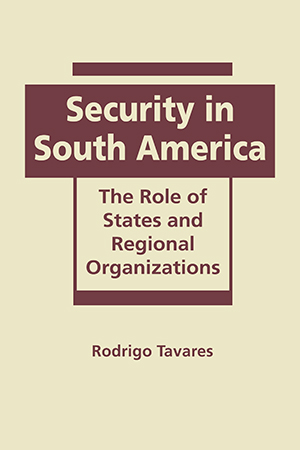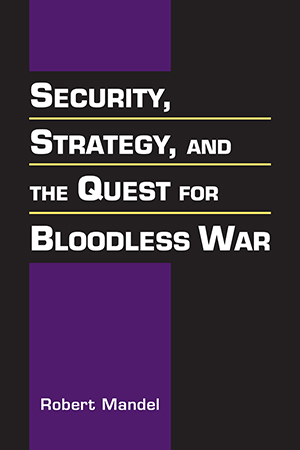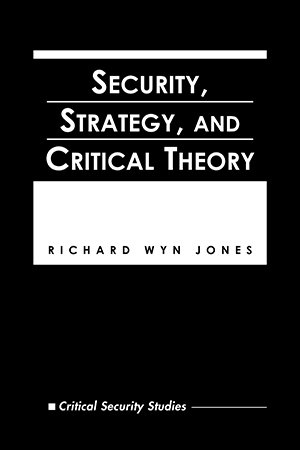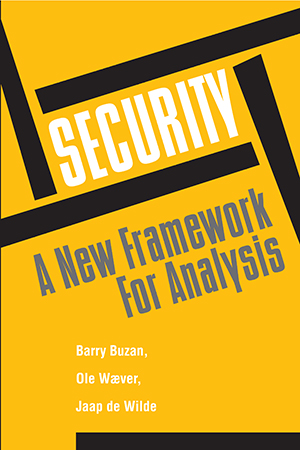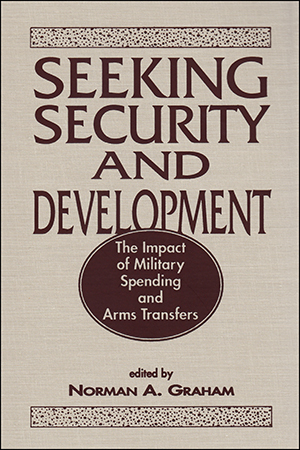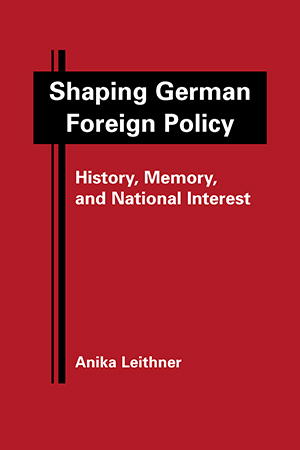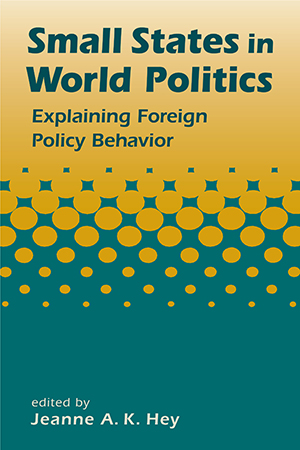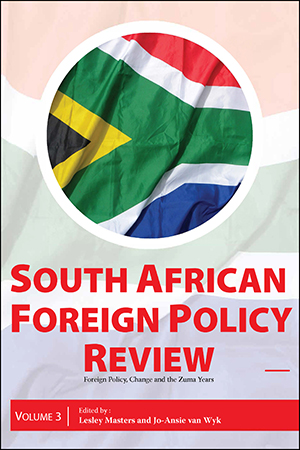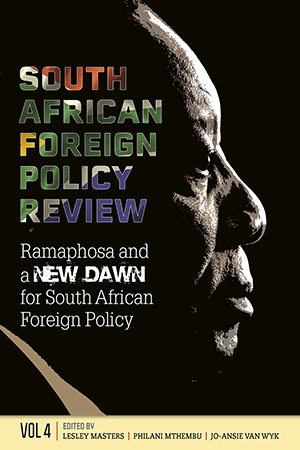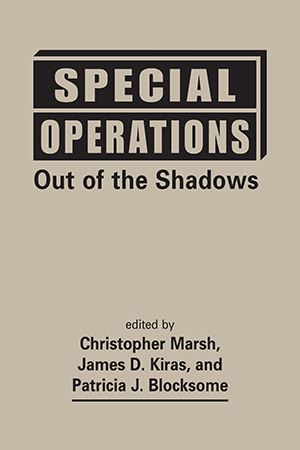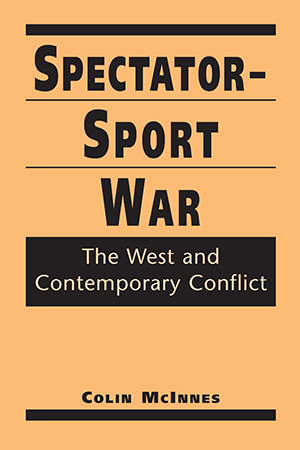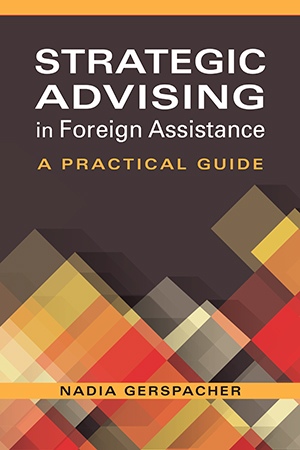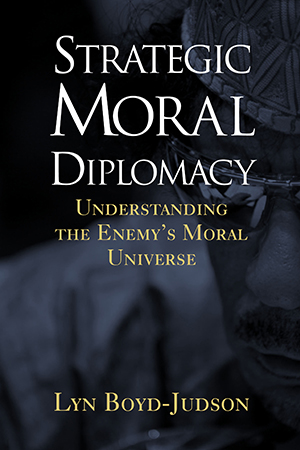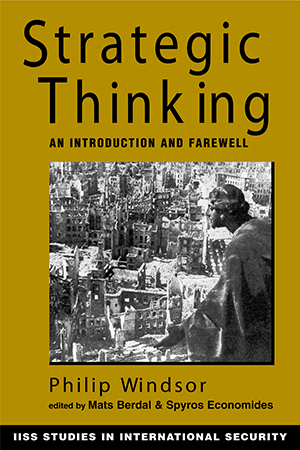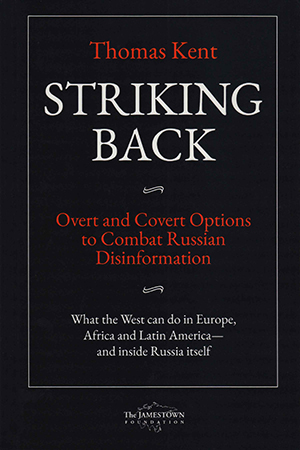International Relations (all books)
What types of threats and conflicts affect the countries of South America? What roles can and should states and regional organizations play in maintaining both traditional and human security More >
In recent decades, government and military officials alike have pushed increasingly in the direction of "bloodless wars," where confrontations are undertaken—and ultimately More >
Laying out the conceptual foundations of critical security studies, Richard Wyn Jones uses the ideas of the Frankfurt School to advance critical thought about security, strategy, and the More >
Traditionalists in the field of security studies tend to restrict the subject to politico–military issues; while wideners want to extend it to the economic, societal, and environmental More >
Do military expenditures retard economic growth and development, enhance the development process, or neither? How effective are military and military-dominated regimes in promoting economic More >
Reconciling the imperatives of Germany’s national identity and its national interest has been a challenge for the country’s policymakers since the end of the Cold War. Anika More >
Have the changes of the past decade made this an easier or a more difficult world for small states as they pursue their foreign policy goals? To understand the foreign policies of small More >
Spanning the Mbeki and Zuma administrations, this volume of South African Foreign Policy Review explores questions of continuity and change. Among the topics covered are the roles of the More >
This latest volume of South African Foreign Policy Review assesses South Africa's foreign policy during the presidency of Cyril Ramaphosa. Focusing on such themes as foreign policy More >
Why have special operations forces become a key strategic tool in the conduct of modern warfare? How do these specially trained and equipped elite units function? What types of missions do More >
Following a century dominated by global conflict—and despite the unchanging nature of the human suffering it causes—the nature of war itself, argues Colin McInnes, has been More >
Though advisers to host governments have become an integral part of foreign-assistance efforts in the realms of both development and peace processes, there has been scant information on how More >
Is it possible for nations to negotiate in the context of seemingly incompatible moral values? Lyn Boyd-Judson answers yes—and argues that it can be strategically useful, as well as More >
In this, his final book, Philip Windsor explores the emergence, meaning, and significance of the Cold War mentality. Tracing the evolution of strategic thinking from its origins in medieval More >
Energizing the debate on how best to expose and deal with Russian propaganda and disinformation, Thomas Kent goes beyond suggesting simple defensive measures. Kent not only calls for more More >


